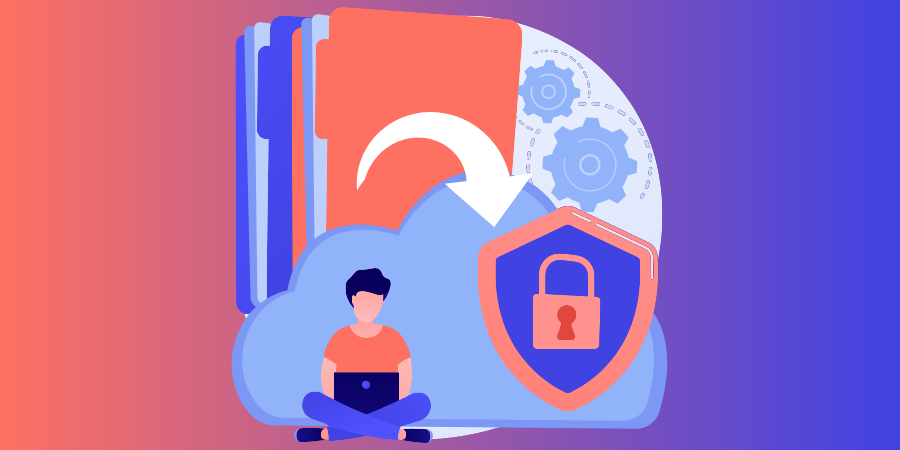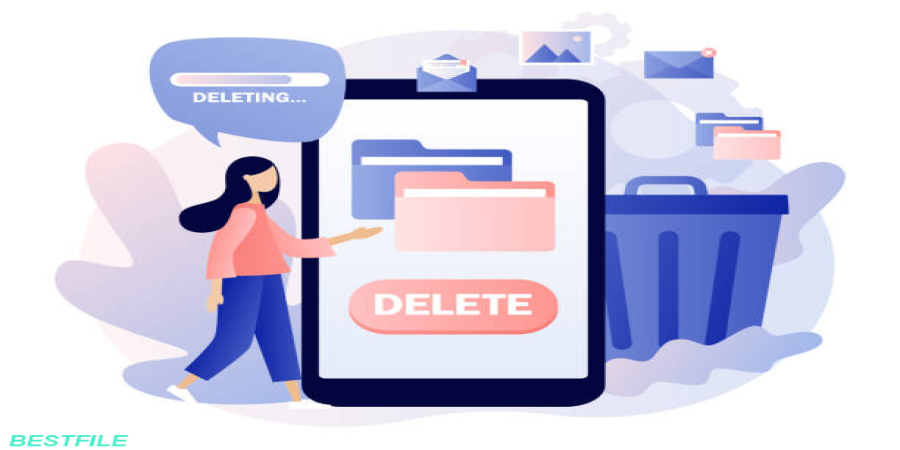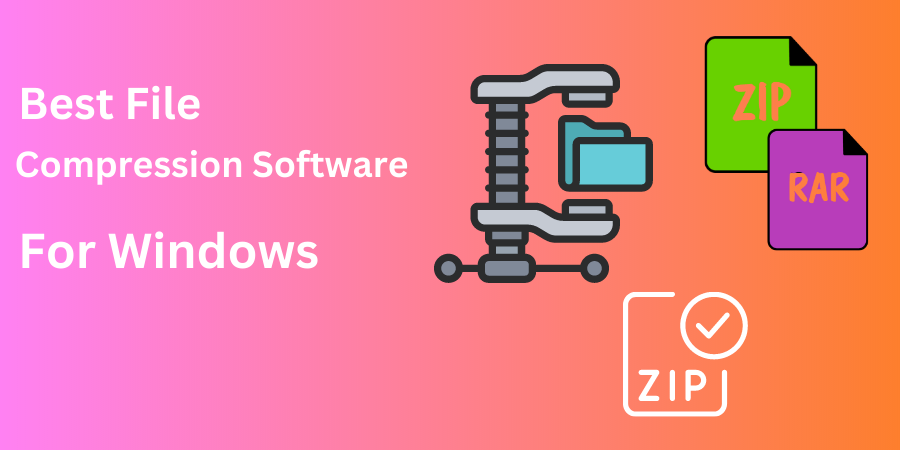

Tips to Keep Your Files Secure
keeping our files secure has become more important than ever. From sensitive documents to cherished memories, our files hold valuable information that must be protected from potential threats. In this article, we will explore essential tips to help you safeguard your files and maintain their security.
1. Implement Strong Passwords and Encryption:
One of the fundamental ways to secure your files is by using strong, unique passwords and encryption. Create passwords that are complex, incorporating a combination of uppercase and lowercase letters, numbers, and special characters. Avoid using easily guessable information such as your birthdate or pet's name. Furthermore, encrypting your files adds an extra layer of protection, making it challenging for unauthorized individuals to access your data.
2. Regularly Update Your Software and Operating System:
Keeping your software and operating system up to date is crucial for file security. Developers regularly release updates that address security vulnerabilities and patch any weaknesses. Enable automatic updates on your devices to ensure you receive the latest security fixes promptly. Additionally, consider using reputable antivirus and anti-malware software to detect and eliminate potential threats.
3. Backup Your Files:
Creating regular backups of your files is a critical aspect of file security. In the event of a system failure, malware attack, or accidental deletion, having backups will save you from potential data loss. Utilize cloud storage services, external hard drives, or network-attached storage (NAS) devices to store your backups securely. Schedule automatic backups to ensure your files are consistently protected.
Utilize Two-Factor Authentication (2FA):
Implementing two-factor authentication adds an extra layer of security to your files and accounts. With 2FA, you will require an additional verification step, such as a unique code sent to your mobile device, in addition to your password. This prevents unauthorized access even if your password is compromised. Enable 2FA whenever possible, especially for cloud storage services, email accounts, and other platforms that store your files.
Be Cautious of Phishing Attacks:
Phishing attacks are a common method used by hackers to gain access to personal information and files. Exercise caution when opening emails, especially those from unknown senders or containing suspicious attachments or links. Avoid clicking on unfamiliar links and never share personal or sensitive information through email unless it is from a trusted source. Be vigilant and consider using email filters and anti-phishing software to detect and prevent phishing attempts.
6. Secure Your Wi-Fi Network:
Your Wi-Fi network can be a vulnerable point of entry for hackers. Ensure your Wi-Fi network is password protected with a strong, unique password. Enable encryption (WPA2 or WPA3) to secure your network traffic. Change the default router password and consider disabling remote administration. Regularly update your router's firmware to stay protected against known vulnerabilities.
7. Use Secure File Transfer Methods:
When sharing files, prioritize secure file transfer methods. Avoid sending sensitive files via unencrypted email attachments. Instead, consider using secure file-sharing services that offer end-to-end encryption. These services ensure that only authorized recipients can access the shared files, providing an added layer of protection during transmission.
Conclusion:
Securing your files is paramount to protect your valuable information from potential threats. By implementing strong passwords, encrypting files, updating software, and using two-factor authentication, you can significantly enhance your file security. Regularly backing up your files, being cautious of phishing attacks, securing your Wi-Fi network, and utilizing secure file transfer methods are also essential practices. By following these tips, you can ensure that your files remain secure and safeguarded from potential risks in our increasingly digital world.
Popular articles
![Best way to upload and share your files on [2024] Best way to upload and share your files on [2024]](https://cdn.bestfile.io/images/blog/articles/VRYI82xLhDb7iXR_1661818381.png)
29-08-2022 08:02 PM

30-11-2023 04:48 AM

05-09-2023 05:35 PM

18-06-2023 09:42 PM

10-06-2023 02:36 PM
Categories

Comments (0)